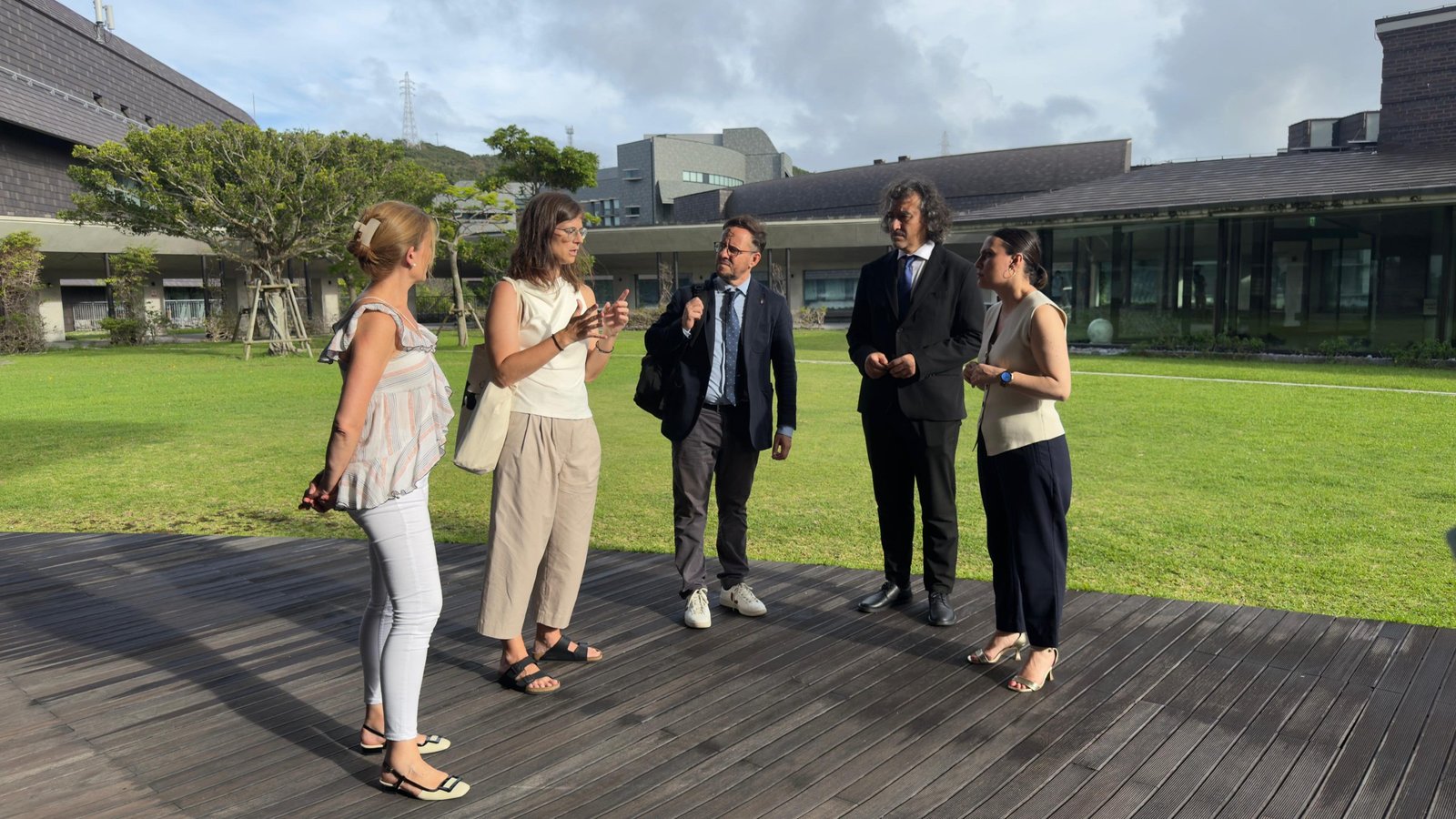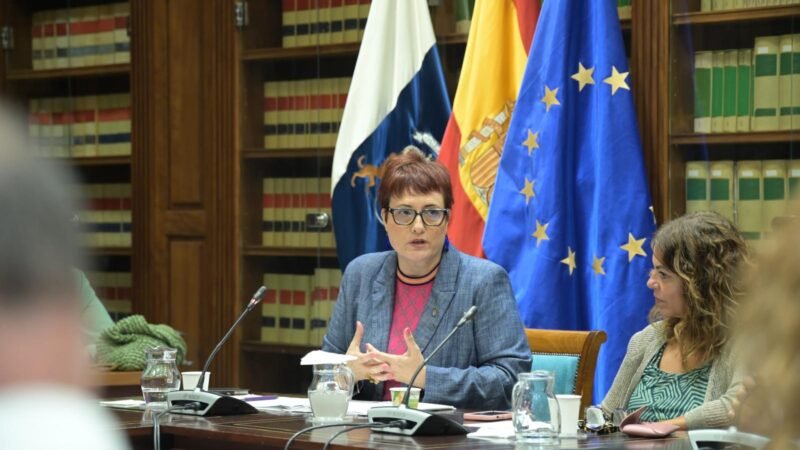Portal de Noticias del Gobierno de Canarias: Cooperación con Okinawa en sostenibilidad y tecnología

· Collaboration could focus on sustainable tourism, renewable energies, food sovereignty, and the blue economy, as well as the role of marine microorganisms in stabilizing marine and global ecosystems, or the fight against invasive species
· There are opportunities to connect Canarian students and researchers with the Institute of Science and Technology (OIST)
The Government of the Canary Islands has taken the first steps today to open lines of cooperation with institutions in the Okinawa archipelago in terms of economic and environmental sustainability and innovation.
This has been the main objective of the visit made this Friday by a Canarian delegation to the Prefecture of Okinawa, the University of Ryukyus, and the Okinawa Institute of Science and Technology (OIST), composed of the Minister of Universities, Science, Innovation and Culture, Migdalia Machín; the Deputy Minister of the Presidency’s Cabinet, Octavio Caraballo; the person in charge of the Responsible Islands strategy, Adriana Regidor, accompanied by the Vice-Rector for Internationalization and Cooperation of the University of Las Palmas, Jin Taira, and the Minister Counselor of the Embassy of Spain in Japan, Miguel Gómez de Aranda.
According to Migdalia Machín, both archipelagos face similar circumstances; they are in a privileged geostrategic position, are predominantly tourist destinations, have a volcanic nature, and are separated from the mainland by over a thousand kilometers, in addition to being particularly concerned about sustainable economic development and the protection of their cultural and artistic identity.
In this regard, in the first meeting held this afternoon, the Vice Governor of the Prefecture of Okinawa, Hajime Ooshiro, expressed his government’s interest in signing a collaboration agreement with the Canary Islands, focusing on managing public policies in common challenges such as climate change or ocean protection. «In this way, we would collaborate on issues where we coincide, applying principles of innovation and sustainability to be more autonomous and resilient,» he added.
Following this meeting, the delegation visited the Islands and Sustainability Research Institute (RIIS) at the University of Ryukyus, where they had the opportunity to present to Kazuhiro Kogure, the University’s Executive Director, the Responsible Islands strategy, «which aims to develop a sustainable development model for the Canary Islands, drawing on the experience of other territories similar to ours, such as Okinawa in Japan.» During this meeting, the intention to facilitate an exchange of scientists to carry out a stay that allows the mutual exchange of knowledge on the protection of the seas and their capacity to monitor climate change was announced. In this academic field, the issue of talent drain and how to transfer technology and knowledge to daily life for the benefit of people was also discussed.
The last appointment of this day was the visit to the OIST, where they were received by the Spanish researcher, Angela Ares, a specialist in technological development who works on the proof of concept program to promote technological transfer and the conversion of ideas into initiatives with positive social and environmental impact. Ares described the institute’s model as an «innovative university that prioritizes multidisciplinarity and the attraction of global talent, to then expand researchers worldwide without losing connection with the center.»
Octavio Caraballo emphasized, «the importance of this institution, which was built ad hoc in an area not particularly developed on the island, and has become a research and training ecosystem, with a very important public investment where research work is respected and valued.»
«This is an opportunity to connect Canarian students and researchers with excellent scientific nodes like the OIST from a dual perspective: academic and applied to agriculture, sustainability, and bioeconomy, in which Japan is a reference as a resilient island territory,» he pointed out.
During the three visits, the most important topics in which collaboration between the Canary Islands and Okinawa could be specified were defined, highlighting sustainable tourism, renewable energies, food sovereignty, and the blue economy, as well as the role of marine microorganisms in the degradation of organic compounds by pollutants to stabilize marine and global ecosystems, or the fight against invasive species.






